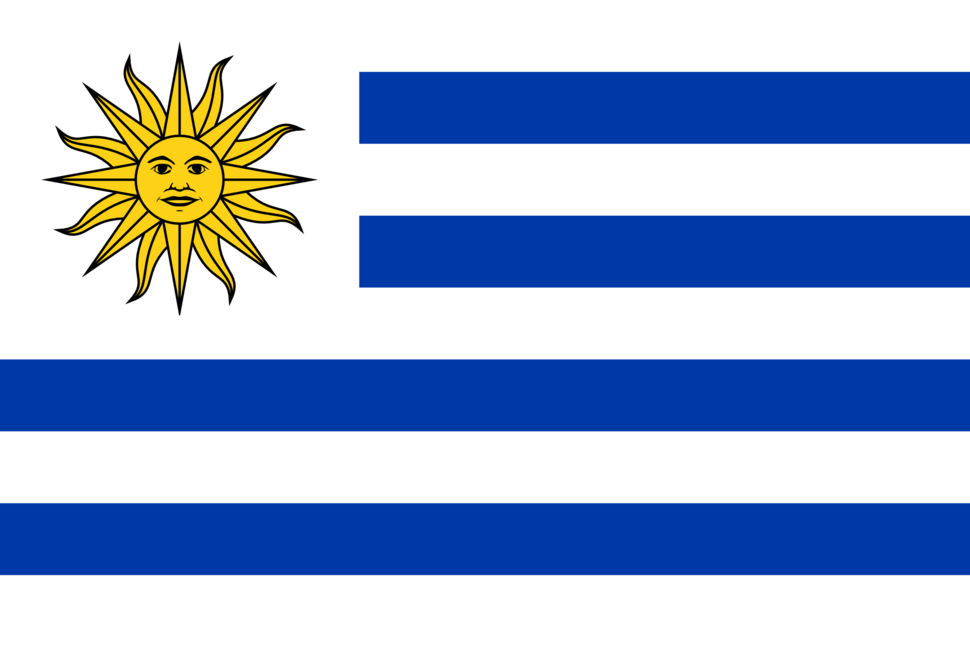Uruguay, a country with 3,4 million people living on 176.215 km squared kilometers has set an incredible example by slashing their carbon footprint without government subsidies or higher consumer costs in less than 10 years’ time (2). Most impressing is that no technological miracles were involved, but that the key element in this project seemed to be in boundary conditions. Clear decision-making, a supportive environment and strong partnership between the public- and private sector has shown to be way more effective than Europe’s climate conferences of the past decades.
Not only does Uruguay get 94,5% of their electricity from renewables, they also became extremely resilient against the fluctuating international fossil fuel dominated energy market on the other side of their borders. Rather than importing oil or gas they are now promoting sustainable produced energy as one of their main export products.
Why is it that all the countries in Europe are looking at each other regarding lowering emissions with an attitude like: “well, if they’re not doing it, why should we?” Cut loose from Europe in a positive way and take the lead in setting examples regarding renewable energy. Visit the climate conference in 2030 and tell them that your country has already achieved their goals and if they might be able to help any other countries by getting there.
Because the Netherlands have always had their issues regarding literally staying dry as a country, we have evolved in being the best experts in water management worldwide. This expertise nowadays makes our engineers wanted all around the globe and they create a huge value, both socially and economically, to our country. How great would it be if the Netherlands can copy this technique to become Europe’s masters regarding renewables. Uruguay has already showed that this doesn’t have to go hand in hand with a communist way of ruling, and that excessive subsidies are also unnecessary.
If we already know that this kind of a future is inevitable and should be established by 2050, then let’s please grab the advantage now and get to be experts in it so we can become indispensable towards our dear friends of the European Union. With their enacted groundbreaking marijuana legalization, maybe now it’s time for us to follow Uruguay’s example.
(1) http://ec.europa.eu/clima/policies/international/negotiations/future/index_en.htm
